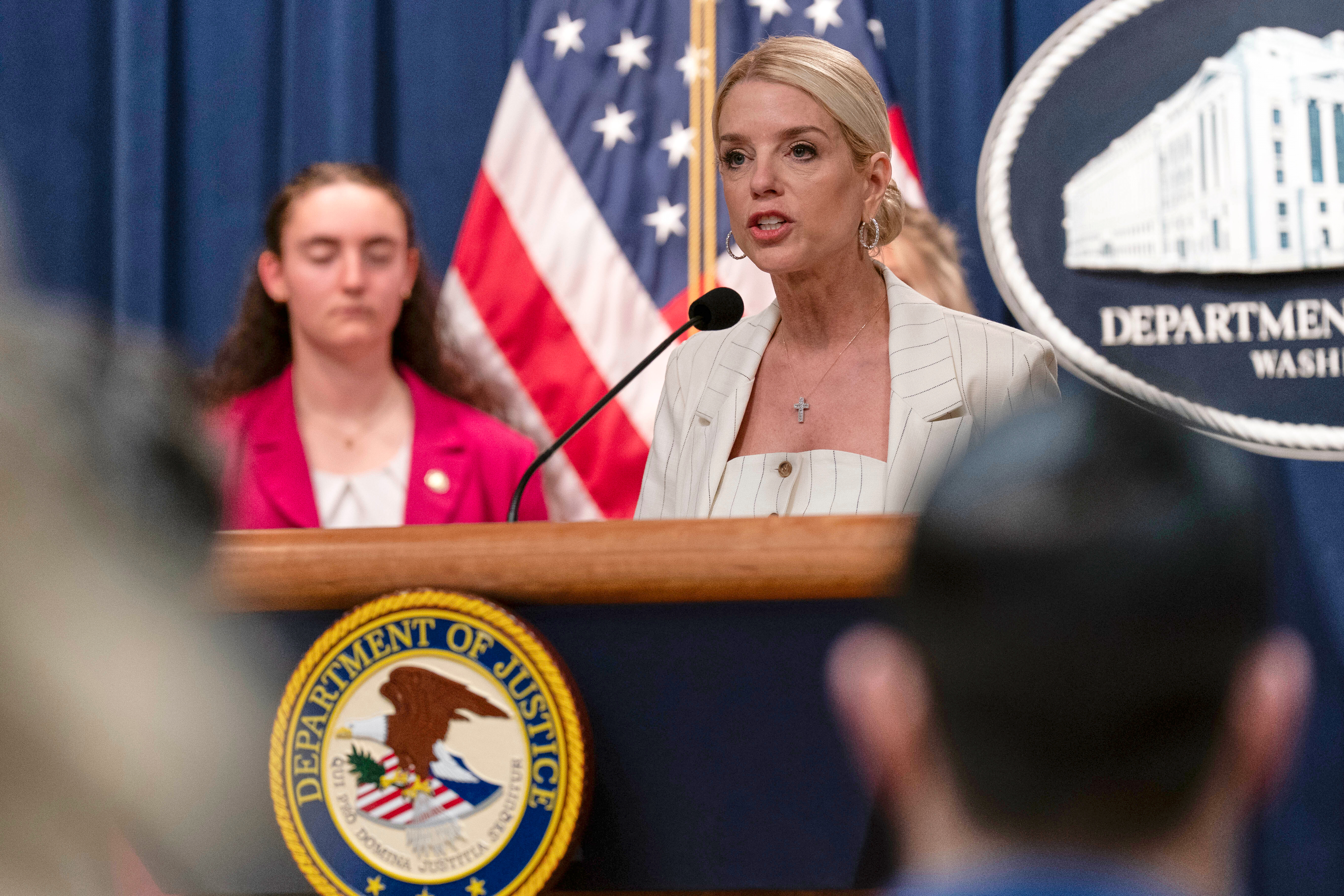The Supreme Court on Wednesday ruled for the Food and Drug Administration in its crackdown on sweet-flavored vaping products following a surge in teen electronic cigarette use.
But the justices' unanimous decision throwing out a federal appeals court ruling is not the final word in the case, and the FDA could change its approach now that President Donald Trump has promised to “save” vaping.
The high court ruled that the FDA, during President Joe Biden's administration, did not violate federal law when it denied an application from Dallas-based company Triton Distribution to sell e-juices like “Jimmy The Juice Man in Peachy Strawberry” and “Suicide Bunny Mother’s Milk and Cookies.” The products are heated by an e-cigarette to create an inhalable aerosol.
RELATED STORY | Vaping linked to 19% higher risk of heart failure, study finds
The FDA has rejected applications for more than a million nicotine products formulated to taste like fruit, dessert or candy because their makers couldn’t show that flavored vapes had a net public benefit, as required by law.
It has approved some tobacco-flavored vapes, and recently it allowed its first menthol-flavored e-cigarettes for adult smokers after the company provided data showing the product was more helpful in quitting.
But the conservative 5th U.S. Circuit Court of Appeals sided with Triton, agreeing that the FDA changed its standards with little warning in violation of federal law.
RELATED STORY | 'It was scary’: Tulsa woman says vaping landed her in medically-induced coma
While mainly ruling for the FDA on Wednesday, the Supreme Court noted that the agency had said the company's marketing plan would be an important factor in evaluating its application. But it ultimately did not consider the marketing plan, Justice Samuel Alito wrote for the court.
The appeals court was ordered to consider if the failure to do so is an important mistake that might still lead to a decision in Triton's favor.









